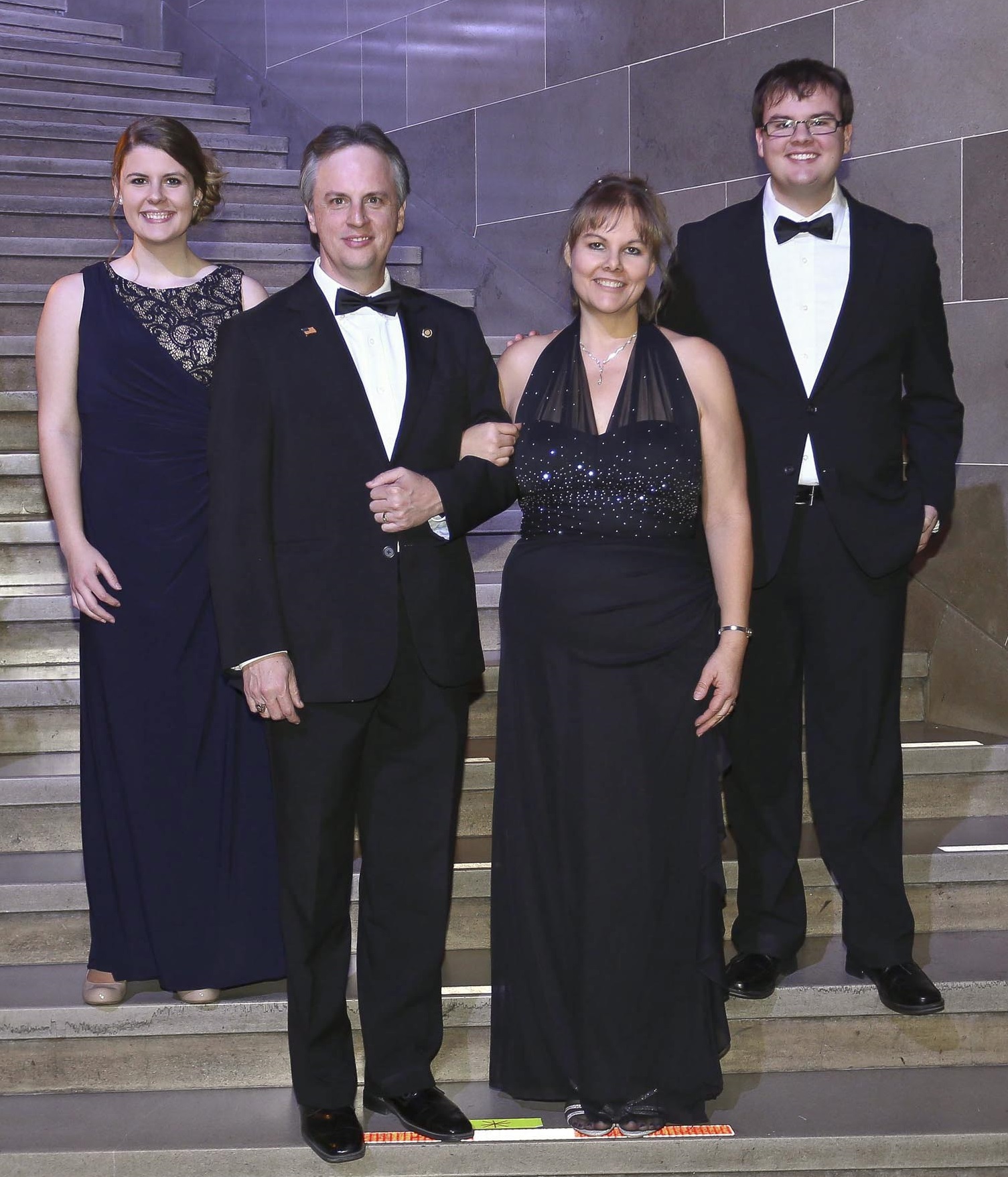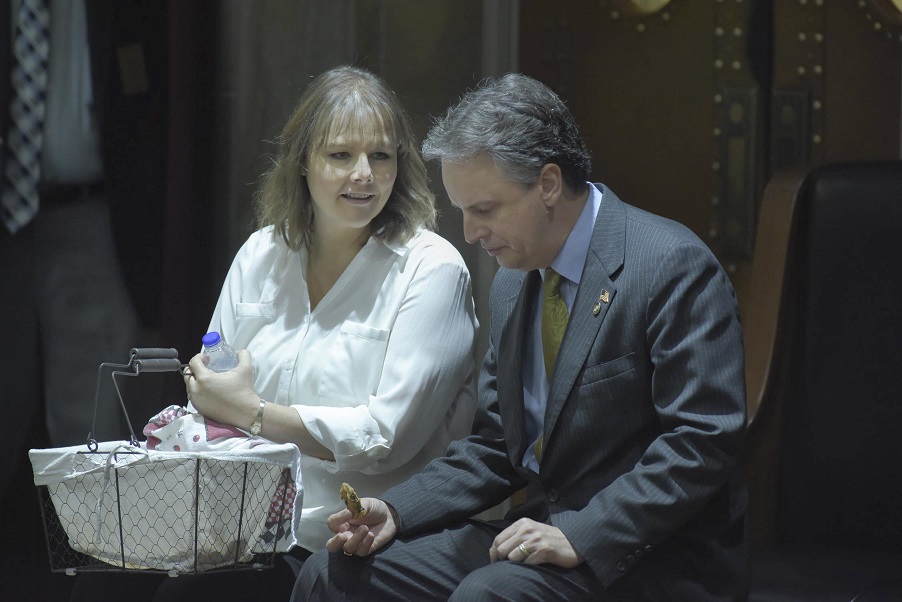A state representative’s wife and he are recovering after a three-way kidney transplant that she needed to save her life.

Cathie Eggleston, wife of Maysville representative J. Eggleston (R), was in need of the transplant. J. Eggleston learned he wasn’t a match to donate to her directly, but through the Kidney Paired Donation program he donated a kidney to a patient in Michigan. That patient’s friend donated a kidney to someone elsewhere in the U.S., and that recipient’s friend donated a kidney to Cathie.
The first round of surgeries began around 5 a.m. Wednesday, with the second round beginning around 2 p.m. that afternoon. All were completed successfully and Cathie and J. Eggleston are recovering.
Eggleston said his wife was down to about 15-percent kidney function as of her latest appointment. Without a donation she would have had to go to dialysis each day for the rest of her life. He said she was expected to live about five years if she went on dialysis.
Cathie’s journey began roughly a year ago when she went to a doctor who discovered she had extremely high blood pressure.

J. Eggleston said he’s grateful that the KPD program exists. He encourages everyone to take advantage of any opportunity to donate organs, including by filling out the donation form on the back of a Missouri driver’s license.
Cathie Eggleston will spend about six weeks recovering. J. will need about three weeks before he returns to the Capitol. The couple will spend part of that time staying with their son in Smithville and being helped by Cathie’s sister who will come from her home in North Dakota for a few weeks.
J. Eggleston thanks his son and sister-in-law, as well as several representatives who have agreed to handle legislation he has filed while he recovers.
About 18,000 people receive kidney transplants in the U.S. each year. Roughly 12,000 of those come from deceased donors and the remainder from friends or loved ones. About 100,000 people are on the waiting list hoping to receive a kidney.